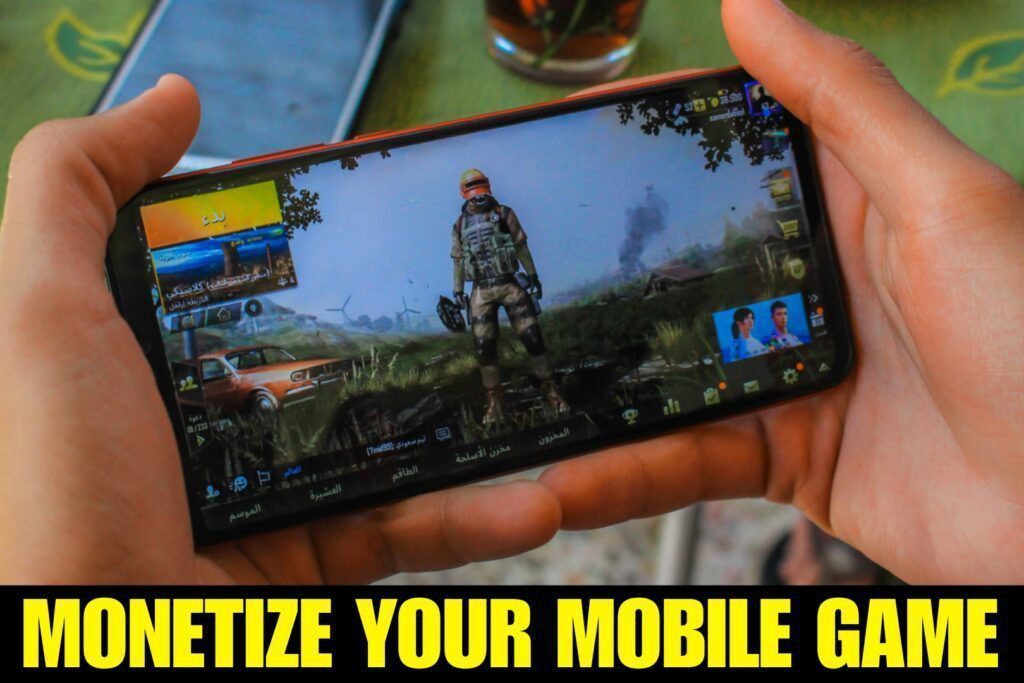As we enter the second half of 2025, a quiet but powerful shift is unfolding: AI is no longer just a productivity engine—it’s becoming a personal wellness companion. But not all AI apps claiming to “help your mental health” actually do.
In an age of mental burnout, doomscrolling, and 24/7 digital stimulation, users are tired of shallow meditation timers or generic chatbot advice. What they want is genuine support, empathetic interaction, and personalized care—and that’s where the new generation of AI-powered self-care apps comes in.
We’ve curated a list of 10 AI self-care apps that are actually making a difference in users’ emotional wellbeing—tools that combine psychology, neuroscience, and smart design to truly help people feel better, think clearer, and live healthier.
These apps are deeply human-centric, privacy-respecting, and built with intention, not just algorithms.
1. Wysa
📍 wysa.io
Best for: 24/7 emotional support & CBT-based coaching
Wysa is an AI therapy chatbot trained in evidence-based psychological techniques like CBT, DBT, and mindfulness.
Why it works:
- You can chat anonymously at any hour
- Mood journaling and thought reframing are built-in
- Real human therapists are available if needed
🤖 Feels like: A non-judgmental emotional support partner who remembers your patterns and progress.
2. Replika Pro (Self-Care Mode)
Best for: Emotional connection, loneliness, and self-reflection
Replika’s Pro Self-Care Mode focuses less on roleplay and more on being present for you. It listens, responds empathetically, and reflects your inner world.
Why it works:
- Responds with emotional intelligence
- Journal prompts and gratitude logs
- Acts as a judgment-free sounding board
🌱 It evolves as your personality does.
3. Woebot Health
Best for: Daily mental health check-ins and behavioral activation
Woebot is built by Stanford psychologists and designed like a funny, smart friend who checks in daily and helps you track your mental patterns.
Why it works:
- Proven to reduce anxiety and depression symptoms
- Teaches you to spot thought distortions
- Uses real-time psychological nudges
🎓 Backed by clinical research & trials.
4. Mindsera
Best for: Mental fitness through journaling + AI insight
Mindsera is like a Journaling+Mindset Coach combo. You write freely, and it responds with psychology-backed reflections.
Why it works:
- Uses stoicism, cognitive science, and AI to reframe your thinking
- Tracks mood, growth, emotional triggers
- Generates long-term mindset evolution plans
🧠 Ideal for deep thinkers and self-optimizers.
5. Youper
Best for: Mood tracking, quick talk therapy & AI psychiatry
Youper uses AI + psychology to guide users through emotional episodes, offering calming techniques and cognitive tips on the fly.
Why it works:
- Real-time interventions (for anxiety, low mood, spirals)
- Self-guided CBT + mood loops
- Designed to supplement therapist visits
🌤 Many users report fewer panic episodes within weeks.
6. Aura Health (AI Coach Mode)
Best for: Personalized meditation and emotional check-ins
Aura has added AI-driven guidance to its vast library of meditations, sounds, and sleep stories.
Why it works:
- AI recommends sessions based on current emotions
- Tracks emotional arc over time
- Offers real human-led sessions too
💤 Great for sleep, focus, and stress relief.
7. Cove
Best for: Expressive therapy through music
Cove helps you process feelings not through words—but by creating music that matches your mood.
Why it works:
- AI guides you to compose melodies based on your emotional state
- Backed by music therapy research
- Proven to reduce heart rate and stress hormones
🎶 It’s mental health without language.
8. Innerworld
Best for: VR-based emotional healing and guided therapy
Innerworld combines social VR and AI therapy to create safe spaces for emotional exploration.
Why it works:
- Virtual AI therapists offer guided programs
- Group sessions with anonymity
- Encourages nonverbal, immersive self-expression
🌐 Think “Metaverse for mental health” (but ethical).
9. Nabla Mind
Best for: Emotional journaling with medical-grade insight
Nabla Mind goes beyond mood tracking—it analyzes your entries and gives you clinical insights into anxiety, burnout, or trauma symptoms.
Why it works:
- HIPAA-compliant emotional data tracking
- AI summaries + suggestions backed by psychiatry
- Integrates with Apple Health and wearables
🧬 Perfect for mental health-informed biohackers.
10. Unwinding Anxiety (AI-Enhanced)
Best for: Rewiring the brain’s fear loop through AI nudges
Based on Dr. Jud Brewer’s work, this app blends science + mindfulness + AI to literally train your brain out of anxiety.
Why it works:
- Tracks craving/anxiety loops in real-time
- AI nudges to interrupt habitual fear
- Backed by neuroplasticity and fMRI data
💡 One of the few AI apps grounded in hardcore neuroscience.
How These Apps Are Different from Generic “AI Wellness” Tools
✅ Evidence-Based: Backed by research, clinical trials, and licensed therapists
✅ Emotionally Aware: Uses sentiment analysis, not just keywords
✅ Nonjudgmental: No pushing toxic positivity—just understanding
✅ Safe & Private: Most offer encryption, anonymity, or HIPAA compliance
✅ Truly Helpful: Designed with psychologists, not just engineers
“Mental health support is no longer once-a-week. With AI, it’s once-a-minute if you need it.”
— Dr. Maya Jensen, Clinical Psychologist & AI Wellness Researcher
Final Takeaway
AI in mental health isn’t about replacing therapists. It’s about making emotional care accessible, affordable, and always available.
The best AI self-care apps in 2025 don’t pretend to be human—but they’re incredibly helpful, deeply empathetic, and smart enough to guide you out of the fog when it feels overwhelming.
They don’t just track your feelings.
They help you transform them.
Mental health isn’t a luxury. With the right tools, it’s a habit.
